Human, Monkey, and Bovine Anti-p53 Tumor Suppressor Protein Antibody Product Attributes
p53 Tumor Suppressor Protein Previously Observed Antibody Staining Patterns
Observed Subcellular, Organelle Specific Staining Data:
Variations in p53 Tumor Suppressor Protein antibody staining intensity in immunohistochemistry on tissue sections are present across different anatomical locations. Low, but measureable presence of p53 Tumor Suppressor Protein could be seen inglandular cells in the adrenal gland, hematopoietic cells in the bone marrow, glandular cells in the breast, respiratory epithelial cells in the bronchus, neuronal cells in the caudate nucleus, glandular cells in the cervix, uterine and endometrium, cells in the glomeruli in kidney, islets of Langerhans in pancreas, glandular cells in the parathyroid gland, decidual cells in the placenta, glandular cells in the salivary gland, fibroblasts in skin, cells in the white pulp in spleen, non-germinal center cells in the tonsil and squamous epithelial cells in the vagina. We were unable to detect p53 Tumor Suppressor Protein in other tissues. Disease states, inflammation, and other physiological changes can have a substantial impact on antibody staining patterns. These measurements were all taken in tissues deemed normal or from patients without known disease.
Observed Antibody Staining Data By Tissue Type:
Tissues from cancer patients, for instance, have their own distinct pattern of p53 Tumor Suppressor Protein expression as measured by anti-p53 Tumor Suppressor Protein antibody immunohistochemical staining. The average level of expression by tumor is summarized in the table below. The variability row represents patient to patient variability in IHC staining.
| Sample Type | breast cancer | carcinoid | cervical cancer | colorectal cancer | endometrial cancer | glioma | head and neck cancer | liver cancer | lung cancer | lymphoma | melanoma | ovarian cancer | pancreatic cancer | prostate cancer | renal cancer | skin cancer | stomach cancer | testicular cancer | thyroid cancer | urothelial cancer |
|---|---|---|---|---|---|---|---|---|---|---|---|---|---|---|---|---|---|---|---|---|
| Signal Intensity | – | – | + | + | – | – | – | – | + | – | + | – | ++ | – | – | + | + | + | – | ++ |
| TP53 Variability | + | + | ++ | ++ | + | ++ | ++ | ++ | ++ | ++ | +++ | ++ | ++ | + | + | ++ | ++ | ++ | + | +++ |

![Analysis of Mass Spec data (dashed-line) of fractions stained with p53 Tumor Suppressor Protein MS-QAVA™ monoclonal antibody [Clone: DO-7] (solid-line), reveals that less than 12.1% of signal is attributable to non-specific binding of anti-p53 Tumor Suppressor Protein [Clone DO-7] to targets other than TP53 protein. Even frequently cited antibodies have much greater non-specific interactions, averaging over 30%. Data in image is from analysis in A431, RT4 and MCF7 cells.](https://cdn-enquirebio.pressidium.com/wp-content/uploads/2017/10/enQuire-Bio-7157-MSM2-P1-anti-p53-Tumor-Suppressor-Protein-antibody.png)

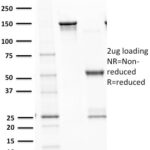
![Analysis of Mass Spec data (dashed-line) of fractions stained with p53 Tumor Suppressor Protein <a href="https://enquirebio.com/validation-project-details/" target="_blank">MS-QAVA™ monoclonal antibody</a> [Clone: BP53-12] (solid-line), reveals that less than 12.9% of signal is attributable to non-specific binding of anti-p53 Tumor Suppressor Protein [Clone BP53-12] to targets other than TP53 protein. Even frequently cited antibodies have much greater non-specific interactions, averaging over 30%. Data in image is from analysis in A431, RT4 and MCF7 cells.](https://cdn-enquirebio.pressidium.com/wp-content/uploads/2017/10/enQuire-Bio-7157-MSM1-P1-anti-p53-Tumor-Suppressor-Protein-antibody-150x150.png)
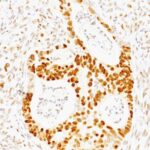
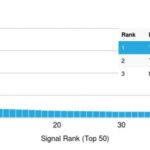
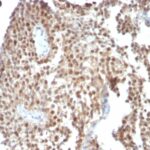
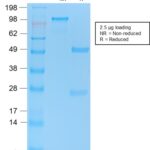
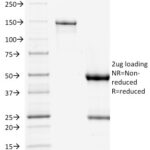
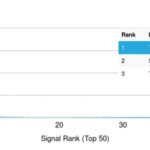
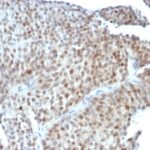
-150x150.jpg)
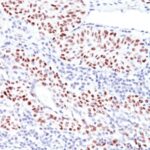
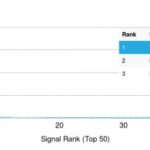

There are no reviews yet.